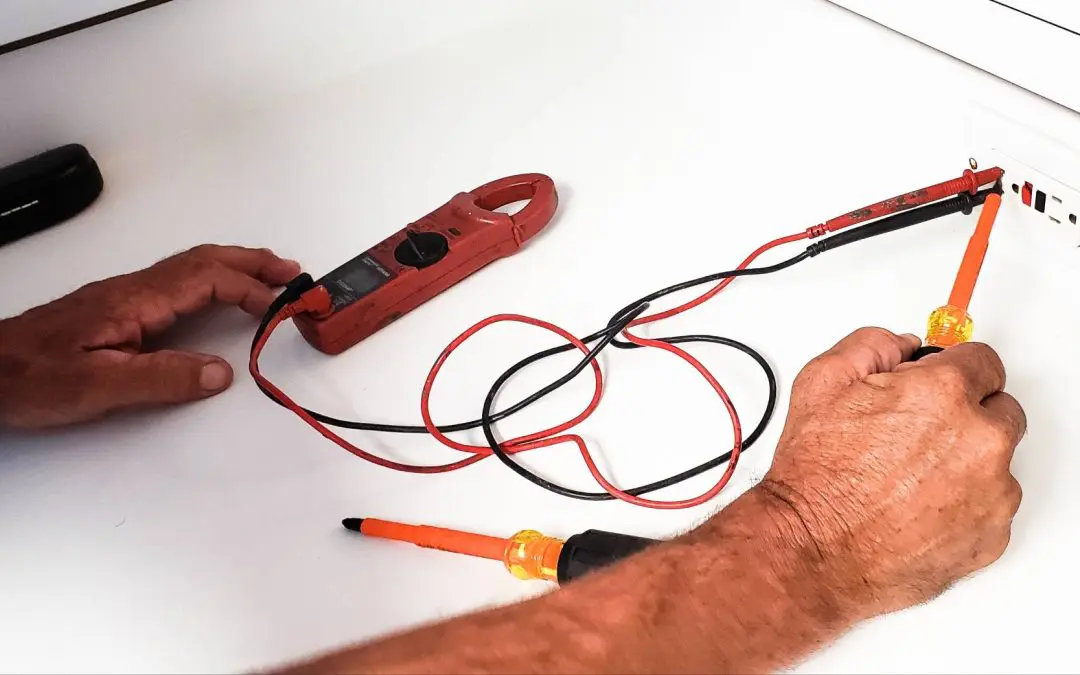Electrical safety plays a major role in keeping your home safe and functional. Since most electrical systems are hidden behind walls, problems often go unnoticed until they become serious—like fires, power outages, or costly repairs. Knowing what to watch for and staying on top of maintenance can prevent those issues and help keep your home in good working order.
Common Electrical Issues Found in Homes
Electrical issues can still occur whether a home is brand new or decades old. Some of the most common problems found during general home inspections include:
Outdated Wiring
Older homes may still use systems like knob-and-tube or aluminum wiring. These materials can be safe if maintained, but they fall short of modern standards and often carry higher fire risks.
Overloaded Circuits
Plugging too many devices into one outlet or circuit can lead to overheating or frequent breaker trips. This is especially common in homes that weren’t built for today’s energy needs.
Unpermitted or Poorly Done Electrical Work
Electrical work done without a permit or by someone untrained can create serious safety hazards. Common problems include loose connections, missing grounding, or improper panel configurations.
Missing or Non-Functional Safety Devices
GFCIs (Ground Fault Circuit Interrupters) and AFCIs (Arc Fault Circuit Interrupters) are essential safety features in homes. Missing, broken, or outdated devices should be replaced promptly.
Warning Signs of Electrical Problems
Several signs can point to trouble behind your walls. Keep an eye out for:
-
Frequent breaker trips or blown fuses
-
Buzzing sounds from outlets or switches
-
Burning smells near outlets, panels, or appliances
-
Warm or discolored outlets
-
Flickering or dimming lights without explanation
These symptoms shouldn’t be ignored. If you notice any of them, it’s time to call a licensed electrician for a professional inspection.
Simple Ways to Keep Your Electrical System Safer
While major electrical work should always be handled by a professional, there are a few things homeowners can do to stay ahead of potential issues:
-
Don’t overload circuits by plugging too many devices into one outlet
-
Use surge protectors for sensitive electronics
-
Test GFCI outlets regularly using the “test” and “reset” buttons
-
Keep cords in good condition—never run them under rugs or furniture
-
Schedule periodic electrical inspections, especially if your home is older or has had renovations
Understanding Electrical Code and Permits
Electrical systems must meet your local building code, which outlines safety standards for wiring, panels, and installations. In most areas, electrical work—including panel upgrades, new circuits, and major repairs—requires a permit and an inspection. Homeowners may be allowed to complete certain tasks, but permits and code compliance still apply.
When to Call a Licensed Electrician
Some electrical jobs are too risky to tackle without proper training. You should contact a licensed electrician if you’re:
-
Replacing or upgrading a breaker panel
-
Adding new circuits or installing appliances
-
Installing or upgrading GFCI or AFCI outlets
-
Seeing signs of overheating, buzzing, or burning
-
Unsure if your system is up to code or safe
Licensed electricians are trained to handle complex tasks safely and ensure all work meets local requirements.
Electrical Safety FAQ
What are GFCIs, and where should they be installed?
Ground Fault Circuit Interrupters (GFCIs) help prevent electric shock. They’re required in areas with water, like bathrooms, kitchens, garages, and outdoor spaces.
Is aluminum wiring a safety issue?
Aluminum wiring can be safe if maintained, but it’s more prone to overheating. Homes with aluminum wiring should be inspected regularly by a qualified electrician.
How do I know if my panel is outdated?
Outdated panels may be too small for modern needs or contain recalled components. Signs like rust, loose wires, or frequent breaker trips are red flags.
Can I do electrical work on my own home?
Many areas allow limited DIY electrical work, but permits and inspections are usually required. Complex or high-risk tasks should be left to licensed professionals.
Consider a professional electrical inspection, especially if your home is older or showing signs of wear for lasting safety and peace of mind. Staying proactive is the best way to avoid dangerous situations and costly repairs.
Wild Rose Property Inspection provides home inspection services to customers in the Alberta area. Contact us to schedule an appointment.

